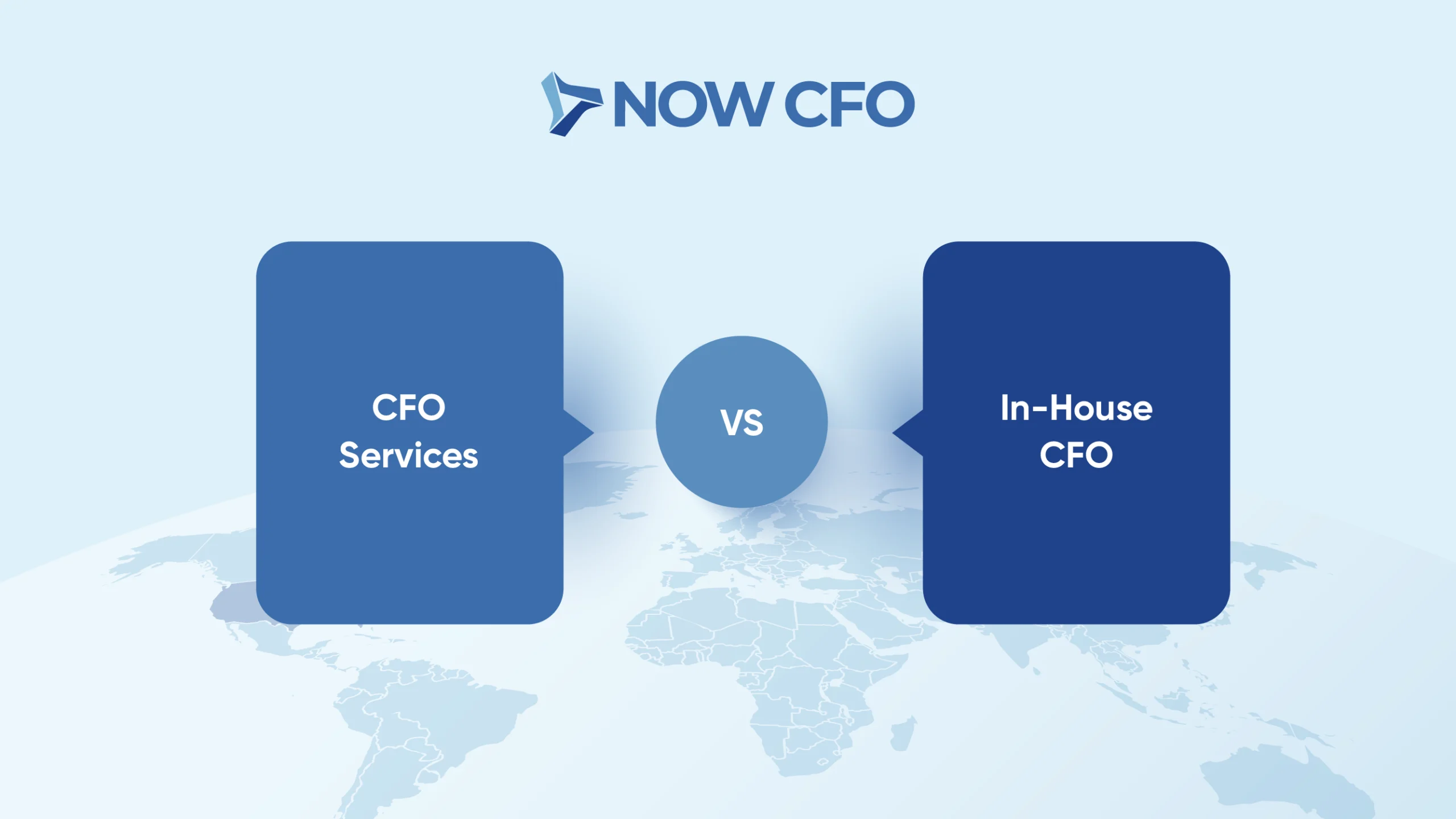
2024 is a year rife with unique challenges and opportunities in financial reporting. This landscape is increasingly influenced by rapid technological advancements, shifting regulatory frameworks, cybersecurity concerns, the rising importance of environmental, social, and governance (ESG) factors, and the new realities of remote work. Understanding and effectively navigating these dimensions is critical for financial professionals aiming to maintain accuracy, integrity, and competitiveness in their reporting practices and boost their financial KPIs.
Technological Advancements
The role of technology in influencing the financial reporting landscape of 2024 cannot be overstated. These advancements offer significant opportunities while posing unique challenges. Key aspects include:
- Automation Through AI and Machine Learning: Artificial Intelligence (AI) and machine learning are revolutionizing financial reporting by automating routine tasks, enhancing accuracy, and providing predictive analytics. Automation reduces the chance of human error, thus increasing efficiency.
- Blockchain for Enhanced Transparency and Security: Blockchain technology introduces a new level of security in financial transactions. It creates unchanging records, thereby reducing fraud and enhancing the credibility of financial reports.
- Big Data Analytics for Deeper Insights: The use of big data analytics allows financial professionals to process large amounts of data to discover useful insights and trends. Big data analytics is crucial for making informed decisions and identifying trends that might be invisible in smaller data sets.
- Integration Challenges and Skill Development: Integrating these advanced technologies into existing financial systems can be challenging. It often requires upskilling current employees and hiring new talent with specialized knowledge of these technologies.
- Managing Data Overload and Quality: With the advent of big data, financial professionals face the challenge of managing an overwhelming amount of information. Ensuring the relevance and quality of data used in financial reporting is crucial to avoid misinformation.
- Real-Time Reporting and Forecasting: These technologies enable real-time reporting and forecasting, offering a more dynamic and current view of financial performance. This instant reporting allows for quicker responses to financial trends and market changes.
- Compliance with Evolving Tech Regulations: As technology evolves, so do the regulations governing its use in financial reporting. Staying compliant with these changing rules is essential to avoid legal repercussions and maintain ethical reporting standards.
Regulatory Changes and Compliance
The landscape of financial reporting in 2024 is also heavily influenced by regulatory changes at both national and international levels. These changes often respond to the economic, technological, and social shifts reshaping the business world. For instance, modifications in tax laws, adaptations in reporting standards like IFRS or GAAP, and new regulations targeting financial transparency and anti-money laundering efforts all demand heightened caution and adaptability from financial reporting professionals.
The challenge here lies in keeping abreast of these changes and understanding their implications on financial reporting processes and outcomes. Compliance has become more complex and dynamic, requiring organizations to invest in continuous education and revamping their reporting systems to align with new standards.
Cybersecurity Risks
The digitization of financial reporting has significantly heightened cybersecurity risks. Addressing these concerns in 2024 is critical to safeguarding the integrity and confidentiality of financial data. Key points include:
- Increased Vulnerability to Cyber Attacks: As financial data moves online, it becomes more susceptible to cyber threats. This includes risks such as hacking, phishing, and malware attacks, which can compromise sensitive financial information.
- Data Breach Implications: A breach can have far-reaching consequences, including loss of stakeholder trust, legal penalties, and financial losses. Understanding that a breach affects the compromised data and the organization’s overall reputation is crucial.
- Implementing Strong Cybersecurity Measures: To combat these risks, it is essential to implement robust cybersecurity protocols. This involves using advanced security software, regularly updating systems, and employing encryption to protect data.
- Employee Training and Awareness: Human error is often a significant factor in cybersecurity breaches. Regular employee training and awareness programs can greatly reduce this risk, ensuring staff members understand the potential threats and how to avoid them.
- Regular Monitoring and Response Plans: Continuous monitoring of financial systems for any unusual activity is crucial. Additionally, having a documented incident response plan ensures that any breach is addressed promptly and effectively to minimize damage.
- Compliance with Regulatory Standards: Adhering to national and international cybersecurity regulations is a legal requirement and a best practice in protecting financial data. This compliance helps maintain a security standard that aligns with global expectations.
Environmental, Social, and Governance (ESG) Reporting
ESG factors have taken center stage in financial reporting, reflecting a broader shift in how companies are evaluated by investors, regulators, and the public. The challenge here is the quantification and reporting of these non-financial factors. Compared to traditional financial metrics, ESG criteria are only sometimes easily quantifiable and often require new reporting frameworks and metrics.
Companies increasingly integrate ESG factors into their financial reports, recognizing that these elements can significantly impact long-term profitability and sustainability. However, the need for standardized reporting frameworks for ESG factors remains challenging, often leading to inconsistencies and comparability issues across different organizations.
Remote Work and Collaboration
The shift to remote work environments dramatically influenced the financial reporting process 2024, introducing challenges and solutions. Key aspects include:
- Maintaining Accuracy and Timeliness: One of the primary challenges in remote financial reporting is ensuring the accuracy and timeliness of data. This is crucial in a decentralized work environment where team members are not physically together.
- Effective Communication Tools: Advanced communication tools are essential for effective collaboration. These tools facilitate clear and timely communication among team members, which is vital for coordinating tasks and maintaining the flow of information.
- Secure Data Sharing Platforms: With the rise of remote work, secure data sharing and collaboration platforms have become paramount. These platforms must ensure data integrity and security, particularly when handling sensitive financial information.
- Adapting to New Collaboration Techniques: Remote work necessitates a shift in collaboration techniques. To maintain productivity, teams must adapt to virtual meetings, shared digital workspaces, and asynchronous communication methods.
- Overcoming Isolation and Building Team Cohesion: Remote work can lead to feelings of isolation among team members. Creating strategies for team building and maintaining a sense of cohesion and collective purpose is important.
- Training and Support for Remote Work Tools: Providing adequate training and support for the tools and technologies used in remote financial reporting ensures that all team members can effectively utilize these resources.
- Flexible Work Policies and Practices: Implementing flexible work policies that accommodate remote employees’ diverse needs and situations can increase productivity and job satisfaction.
Navigating the 2024 financial reporting landscape requires a multifaceted approach. It calls for embracing technological advancements, staying abreast of regulatory changes, fortifying cybersecurity measures, adapting to new ESG reporting frameworks, and leveraging tools for effective remote collaboration. By addressing these emerging challenges with dynamic solutions, financial professionals can ensure the integrity, relevance, and strategic value of their financial reporting in this ever-evolving landscape.
Think you may need help with your financial reporting? Contact a NOW CFO specialist for more information.














